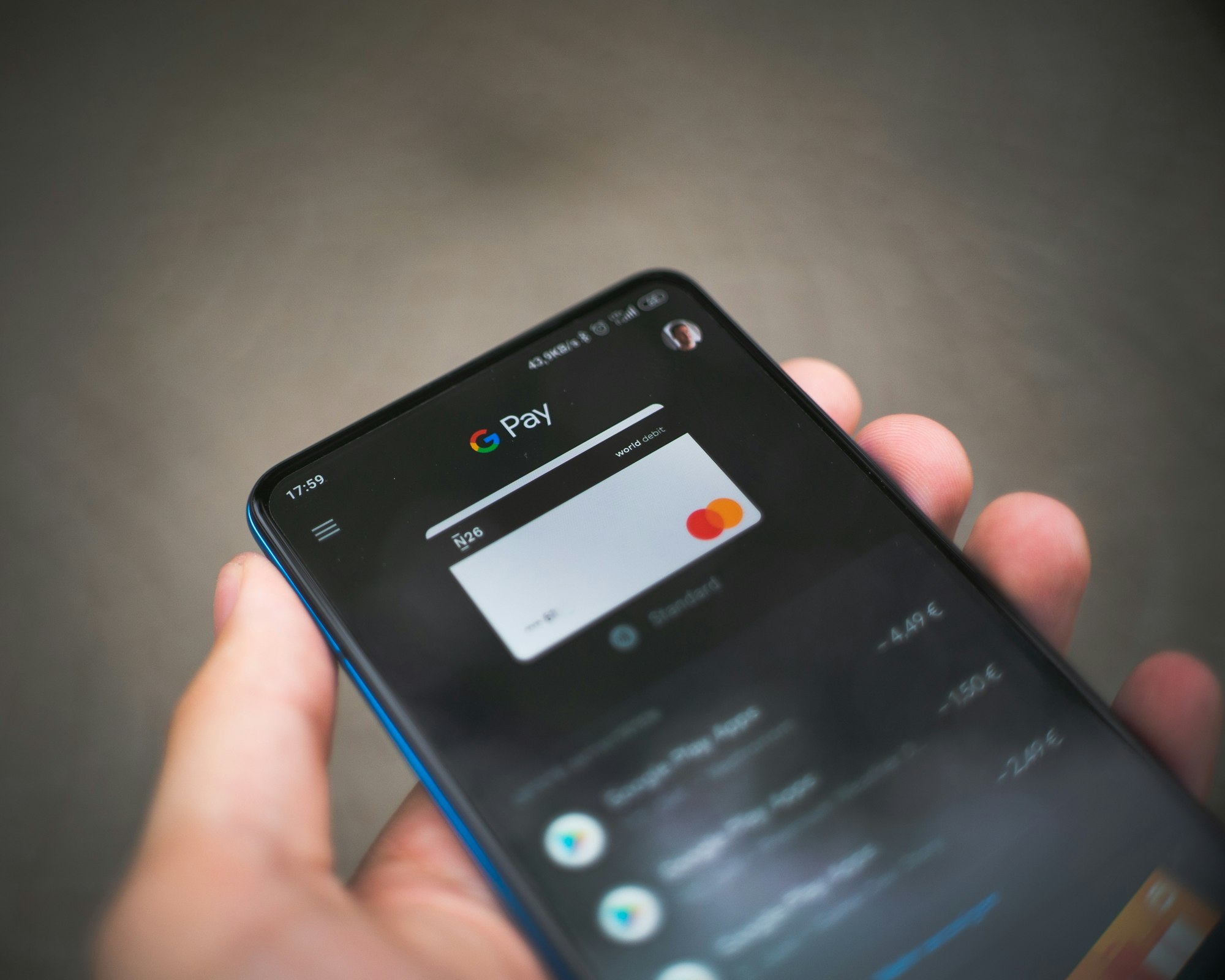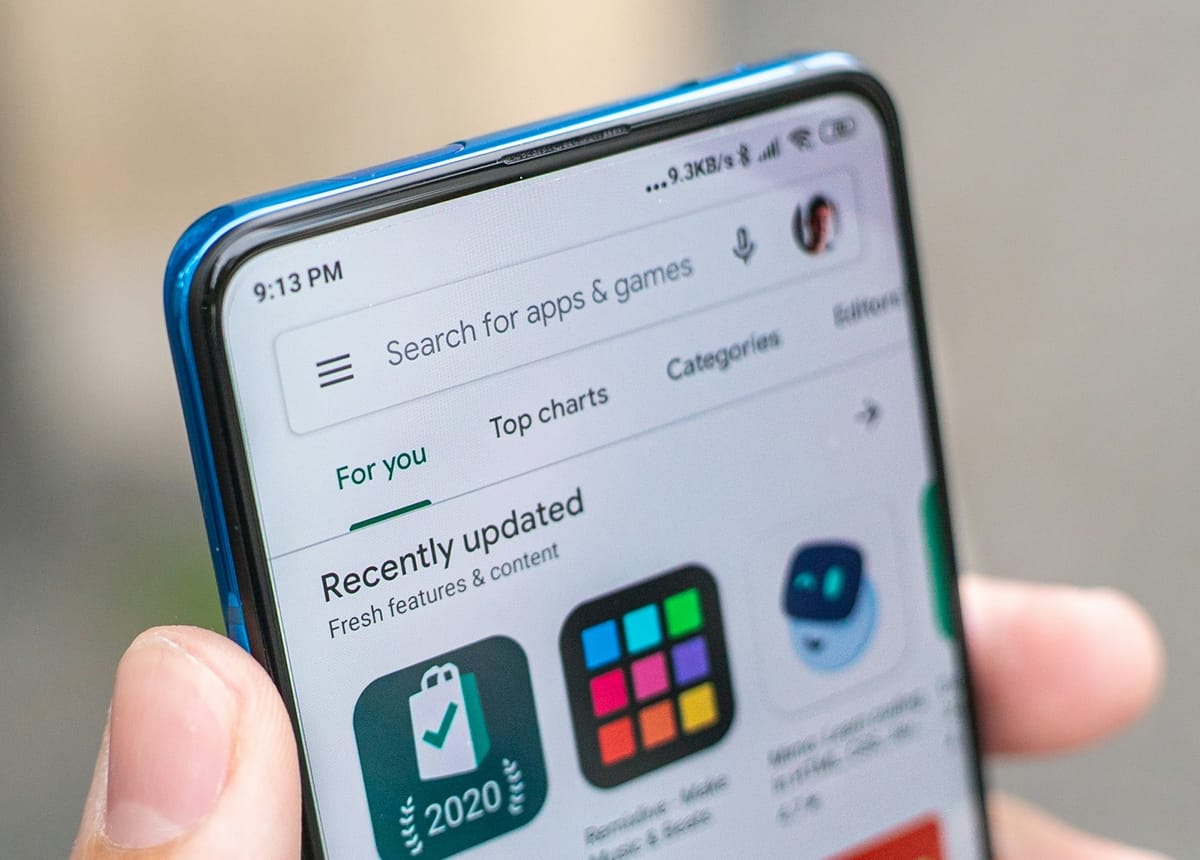India has ruled that Google’s Play Store billing policy is anti-competitive
Google may have dodged a bigger fine, but India isn’t letting it off the hook for strong-arming developers.
For years, developers across the globe have pushed back against Google’s in-app billing system—the one that forces them to use Google’s own payment rails and cough up a 15–30% commission. But in India, that frustration has finally boiled over.
It started in October 2022, when India’s Competition Commission (CCI) slapped Google with a 9.4 billion rupees (~$113 million) fine. The regulator said Google was abusing its dominance in the Android app ecosystem by forcing developers to use its billing system—while actively preventing them from linking out to cheaper alternatives.
Google appealed the decision, and the case then landed with the National Company Law Appellate Tribunal (NCLAT). This March, the tribunal finally delivered its verdict: the fine would be reduced to 2.2 billion rupees (~$26 million), but the core of the CCI’s ruling would stand. Google, it said, did misuse its market power.
The court did toss out a few other claims—including the idea that Google stifled innovation or gave special treatment to apps like YouTube—but the main issue stuck. Google unfairly limited developer choice. The tech giant says it has already paid 10% of the revised fine and has 30 days to clear the rest.

This decision hits especially hard in India, where over 90% of the country’s 700 million smartphone users run on Android (via Bloomberg). With so much digital life flowing through the Play Store, this ruling could open the door to more flexible billing options for developers—or at least more scrutiny.
And it isn’t just an India problem, either. Google has faced similar battles across the EU, US, South Korea, and Japan. In 2018, the European Commission fined the company €4.3 billion over Android-related antitrust issues. In 2023, the U.S. ruled that Google’s Play Store was effectively operating as an illegal monopoly and later forced it to support alternative App Stores and payment methods in 2024.
To soften the blow, Google says it's began rolling out “User Choice Billing” in several countries, including India—but even then, developers still hand over nearly the same cut, minus a few percentage points.
India’s latest ruling won’t break Google’s business model overnight. But with regulators around the world watching—and developers still frustrated—the pressure to loosen that grip is far from over.









